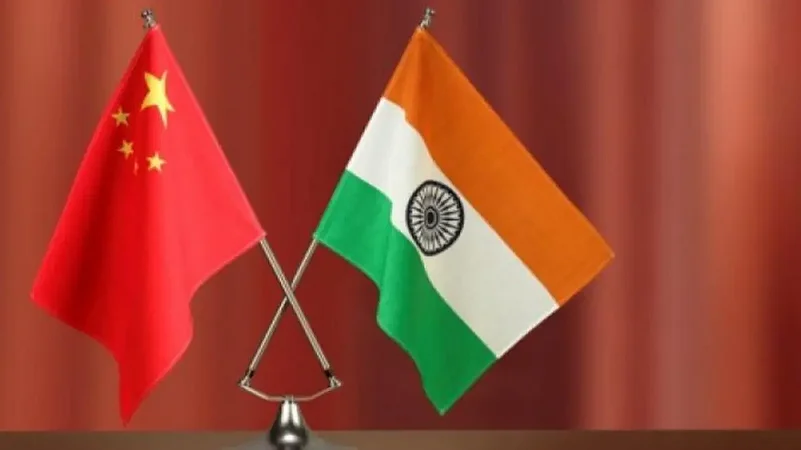Following the example of countries like Germany, Hungary, and Italy, the Indian government issued Press Note 3, a rule placing restrictions on FDI from China and other nations sharing a land border with India. The note aimed to address takeover concerns exacerbated by heightened geopolitical tensions back then. In the backdrop of the note, no entity from a country sharing a land border with India or with a beneficial owner from such a country, can invest in India without government approval.
The ‘beneficial-owner’ clause was introduced by the government to prevent circumvention of any sort. However, neither the Note nor India's FDI policy, defines beneficial owner or provides guidance on a shareholding threshold for this term. Therefore, the range of entities covered by this restriction remains ambiguous, despite representations from industry players, with the government choosing to evaluate FDI proposals on a case-to-case basis.
Given the concerns of the government and the context of Press Note 3 this lack of clarity may have been intentional to enable greater scrutiny of investments originating from China and neighbouring countries.
The ambiguity presents practical challenges for blue-chip European and US private equity (PE) and venture capital (VC) funds with minority indirect participation by financial investors or limited partners from neighbouring countries. In typical PE/VC structures, limited partners generally have no say in management, with decision-making resting with general partners (GPs) or investment managers, often regulated entities from Europe or the US. The circumstances make it challenging for some of these funds to invest in India, even though it seems unlikely that the government would want to scrutinise investments involving such minimal participation by limited partners from neighbouring countries.
The restrictions have also complicated capital-raising efforts for subsidiaries of Chinese entities, which were established before the Note and need additional capital from their overseas parent companies. Furthermore, even in non-sensitive sectors like
automobiles, foreign investment proposals from Chinese players acquiring majority stakes in Indian companies or joint ventures have faced scrutiny and challenges.
With Press Note 3 offering no specific guidance, legal practitioners have typically applied a 10% threshold for determining beneficial ownership, based on direct or indirect holdings in shares, voting rights or rights to receive dividends or profits. However, amendments by the Department for Promotion of Industries and Internal Trade (DPIIT) to its Standard Operating Procedure (SOP) for processing FDI proposals in August 2023 have further complicated the issue. While the SOP still does not define beneficial ownership, broad declarations and information required for FDI approvals have led to additional uncertainty. Some officials argue that even a single share or dollar contribution from a neighbouring country at an indirect level could constitute beneficial ownership, which would necessitate government approval. However, such an interpretation may not be practical and could disrupt industry.
Amidst persisting ambiguity, the impact of these SOP amendments remains to be seen. So far, authorised dealer banks in India, regulated by the RBI, have processed FDI transactions in the automatic route by taking declarations from foreign investors
perming that indirect ownership by neighbouring countries is below 10%
Now, in a positive development, the recent thaw in border tensions and improving bilateral relations between India and China present an opportunity for change. Following the recent agreement to disengage and resolve border issues from 2020, Prime Minister Narendra Modi highlighted the importance of maintaining peace and tranquillity along the border, noting that mutual trust and respect should guide India-China relations.
In light of these encouraging signs the government could reconsider some of these restrictions. Although a complete removal of Press Note 3 may not be feasible immediately, gradual easing of certain restrictions could significantly benefit Indian companies and foreign investors.
To achieve this the government could consider several options. Firstly, it could spell out a specific shareholding threshold for beneficial ownership, providing much needed clarity. Additionally, the government could allow minority investments from land-bordering countries in non-sensitive sectors via the automatic route, helping address national security concerns by retaining visibility over sensitive sectors. The government could also grant one-time approvals for PE/VC funds, valid for a set period such as five years, enabling them to make further investments without needing separate government approvals for each transaction, provided control of the funds remain unchanged.
The using of border tensions offers a timely opportunity to liberalise certain FDI restrictions introduced by press note 3. Adopting a balanced and strategy approach India can attract investment and fuel economic growth. It is crucial to seize this moment to create a more open and investor-friendly environment, ensuring that national security remains uncompromised. Liberalising FDI norms may also act as a confidence-building measure, reinforcing recent diplomatic progress.
(Vaibhav Kakkar is Senior Partner at Saraf & Partners. Keshav Pareek is Principle Associate at Saraf & Partners. Views expressed are personal)


























